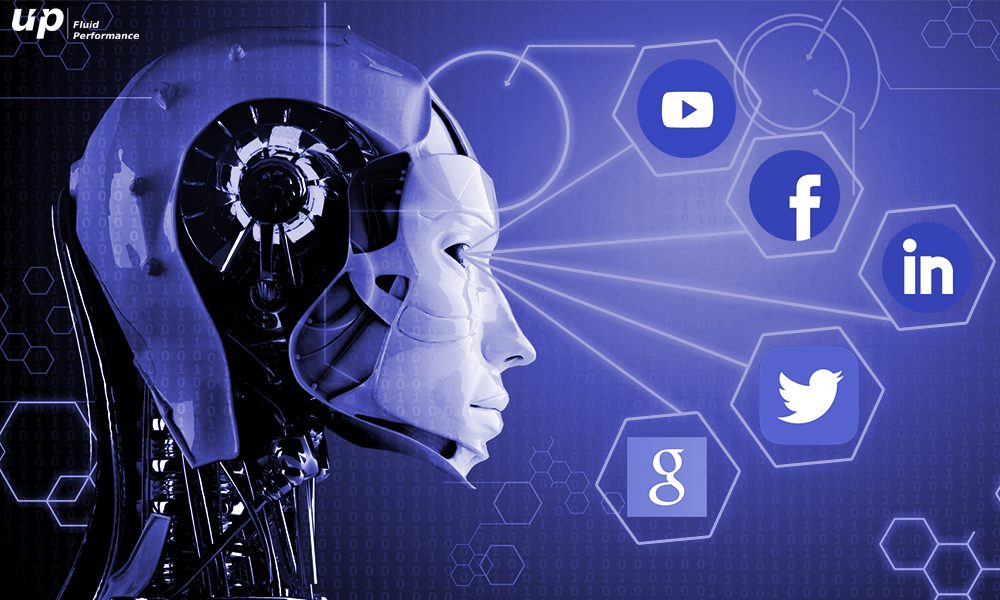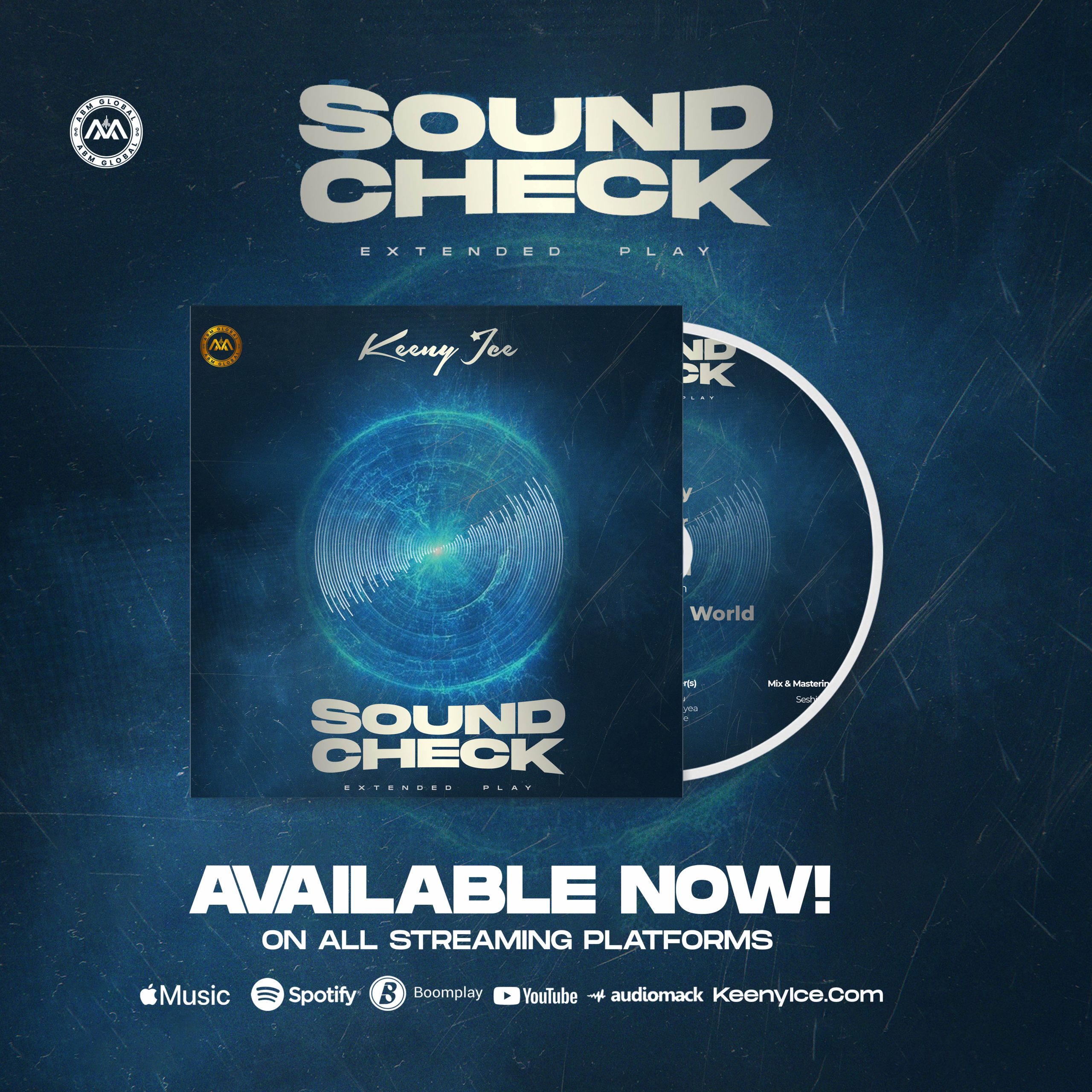With over 2.5 billion users expected to have at least one social media channel by the end of 2018, marketers are increasingly combining these platforms with emerging technologies to reach their growing audiences. Olga Egorsheva, Co-Founder and CEO of Lobster discusses how social media platforms are utilising AI and how marketers can use this to their advantage
In today’s world, owning a social media account is as almost as common as having a National Insurance number. By the end of 2018, 2.5-billion people are expected to have at least one social account. With so many frequenting these platforms, it’s no surprise to see marketing departments worldwide centralize their priorities towards social media.
But how do you monetize such a significant number and make sure you target the right market? The answer is quite simple really: artificial intelligence. The use of AI is becoming increasingly more common in business. Social media is no different.
As technology improves, a range of tools is being implemented in the race to win customers on social media. It doesn’t merely stop at acquiring new customers, however. AI is seeping its way into the user experience on social platforms, creating a better journey for users in the process.
The Social Network
Many major companies already identify AI as the way forward for progressing business. Facebook, the social networking site, invested in AI since 2013 when they acquired the services of New York University professor Yann LeCun.
AI’s footprints are all over Facebook, from neural networks learning to tag, to image recognition making it easier to find friends. Most of those signed up to the site would be surprised to learn that AI influences much of what they do.
The tech aims to make using the service more efficient. Deep learning methods learn keyword queries to help create better search results for people and places. The company is also using AI to filter people’s news streams better.
After the recent scandal involving Cambridge Analytica, CEO Mark Zuckerberg pinpointed AI as the way to solve many of the companies problems with incorrect news feeds and general hate speech. Although he stopped short at specifying how.
Let’s get personal
With 95% of British people alone purchasing products off the internet, it makes sense for companies to find a way to sell smarter. It’s not uncommon now to see AI learning people’s searching habits on social media so it can tailor better offers.
Furniture company West Elm launched a Pinterest app that allowed their customers to copy and paste links to boards which allowed AI to recommend products based on their likes. Rather than suggesting chairs because someone liked a chair, it looks at the overall stylistic nature of your likes and makes its suggestions that are more streamlined towards users’ tastes.
Twittering tweeters
Twitter is also working on using AI and machine learning to categorize every single tweet. The idea is to provide content people most care about at the top of their timeline. It could mean a significant shift in the way that people currently view tweets within the chronological timeline format.
Twitter also currently uses neural networks to crop photos to maximize their aesthetic output. To do this, machine learning studies eye-tracking. Eye tracking records what area people look at first in a picture, meaning AI can understand which part of a photograph is most appealing.
While most of the news around AI is headline-grabbing, it can, in fact, be those small nuances where the tech often has its most significant impact.
Empowering marketers
Companies are better leveraging social media through artificial intelligence. It’s helping them to better understand their customers buying personas, which, in theory, should help to market more relevant products.
Marketers can personalize content for their customers by understanding buying habits, people’s everyday environments and what motivates them to make their decisions. And AI can learn these habits at a rate much faster than any human.
The ever-changing environment of social media makes it harder for companies to keep on top of trends. Which is why they are turning to AI to is a smart move. Machine learning algorithms analyze everything that is happening on social media in real time and convert the information to tangible data for marketers to utilize.
AI studies data and makes recommendations based on its findings. Such vast information would typically take months for a human to cultivate. Deep learning, algorithms, and datasets empower AI, which in turn streamlines the process for marketers.
Moving forward
It’s practically impossible to have a brand without a social media presence, yet just being on these platforms isn’t enough. They need to be utilized correctly to achieve maximum output, generate more customers and ultimately increase ROI.
However, many businesses don’t have the resources to hire human staff that can monitor trends, social patterns and insights. AI is a way of solving such problems and affords marketers the freedom to be creative with their outreach.
AI acts as a way for brands to scope the vast pool that is social media. They can cover bases that were once hard to monitor. Think of AI as the airplane moment, when people finally had the chance to go from one country to another.
2.5-billion people will be within easy reach, and it’s down to AI.
Credit: Olga Egorsheva Co-Founder and CEO , Lobster

